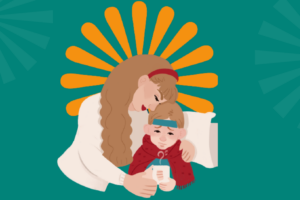While there are many orders in the Family Court, there are two types of court orders for domestic abuse (‘injunctions’) that you may be able to apply for. Learn more here.
There are many types of domestic abuse:
It is important to know that, even if there is no physical violence, it is still domestic abuse. If a family member or romantic partner controls what you wear, who you’re with and where you go, that is domestic abuse, and therefore against the law. In the video below, Tina lists some examples of emotional and financial abuse:
If you feel frightened of your child’s behaviour, there are organisations who can listen to you and support you. Child to Parent Abuse is real and it is not caused by poor parenting. We know that talking about child to parent abuse is hard and parents can feel isolated and ashamed. Parents have told us that even though the child is the one displaying abusive behaviours, they still love them and don’t want them to get into trouble. If you need to talk to someone, you can call Respect at 0808 800 2222.
Listen to Mari, who works at an organisation called Refuge, explain what an Independent Domestic Violence Advocate (IDVA) is and how they can support you.

While there are many orders in the Family Court, there are two types of court orders for domestic abuse (‘injunctions’) that you may be able to apply for. Learn more here.

Over the past few years, we have seen many online ‘Traveller shame pages’ and ‘Gypsy shame pages’ that aim to publicly humiliate other members of their own community. We are finding support services and educating them on the issues of shame, scandal and discrimination.

Whether you choose to stay in the relationship or leave, there are safety issues and risks to think about. Read this list of tips to keep yourself safe.

If you are experiencing domestic abuse and worry about your children’s safety, would you like a family member to support you by minding the children? This is called kinship care.